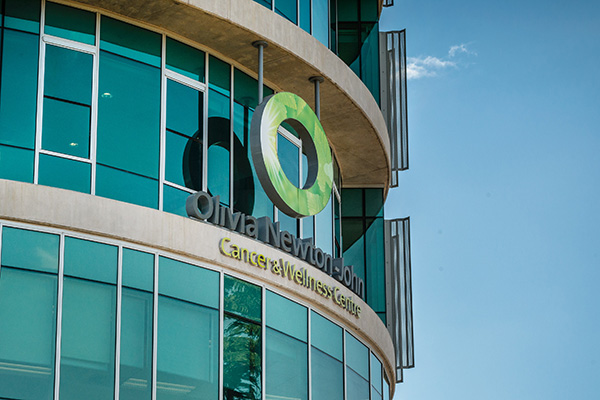About
Creating Australia's first longitudinal biobank: TRACKER
- Home
- About
- Latest news
- Creating Australia's first longitudinal biobank: TRACKER

20 July 2023
Austin Health’s Director of Interventional Pulmonology, Dr. Tracy Leong, and Oncologist and Postdoctoral Researcher, Dr. Sagun Parakh, will serve as the clinical leads for Australia's first longitudinal biobank for advanced lung cancer.
The Tissue Repository of Airway Cancers for Knowledge Expansion of Resistance (TRACKER) project aims to address the urgent need for improved treatments for patients with advanced lung cancer.
“TRACKER will provide a unique dataset that will enable us to transform our clinical approach to metastatic lung cancer and bring us one step closer to improving outcomes for lung cancer patients,” said Dr Leong.
By collecting tissue and blood samples from patients diagnosed with advanced lung cancer throughout their cancer journey, the longitudinal approach will enable researchers to track the progression of the disease at the molecular level and provide valuable insights into why current therapies are failing for many patients.
Lung cancer is currently the leading cause of cancer-related deaths in Australia. Unfortunately, 80 per cent of patients present with inoperable metastatic disease, making advanced lung cancer a significant area of unmet clinical need.
"Our advanced lung cancer TRACKER biobank will allow researchers to track the progression of the disease at the molecular level, with the aim of understanding why current therapies are failing so many patients and suggesting new approaches," said Associate Professor Andreas Behren from the ONJCRI.
Led by the ONJCRI and the La Trobe University School of Cancer Medicine, the project will be in collaboration with Austin Health, the Peter MacCallum Cancer Centre, and the Walter and Eliza Hall Institute, the biobank created through this project will be an invaluable resource for studying the drivers of resistance to immunotherapy.
In addition to its first-in-Australia system, the TRACKER project will create a centralised network for the movement of samples. This coordination ensures that the samples are transported to specialised centers equipped to perform specific research. The wealth of samples and data available through TRACKER will enable researchers to delve deeper into the intricacies of the disease and develop tailored treatment approaches based on individual patients' unique profiles.
Through the advancement of personalized medicine, the team hope to identify more effective treatment strategies that target specific molecular drivers of the disease. By tailoring therapies to individual patients, healthcare professionals can enhance the efficacy of treatments while minimizing potential side effects, leading to improved quality of life and prolonged survival rates.
The establishment of this national biobank signifies a significant step forward in the fight against advanced lung cancer in Australia. The collaboration of research efforts will not only expand our understanding of the disease, but also pave the way for innovative, patient-centered approaches to diagnosis and treatment.
The TRACKER project is made possible thanks to $4 million in funding provided by the Australian Government’s Medical Research Futures Fund and support from project partners and supporters.






